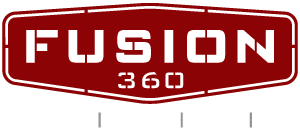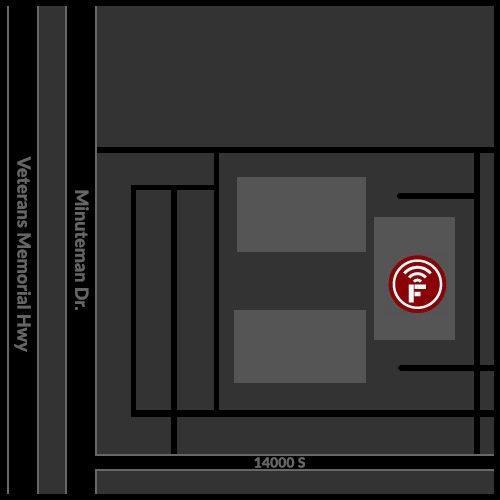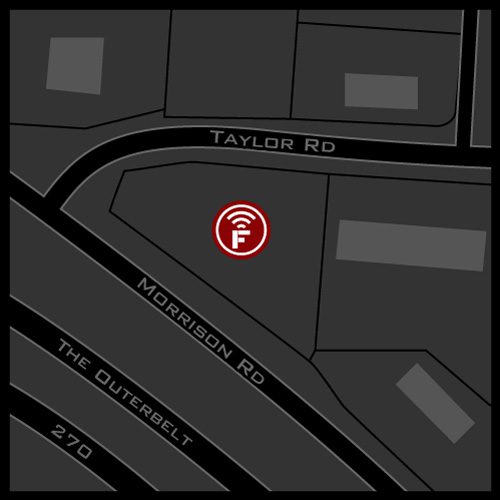So, you’ve decided it’s time to take your business to the next level by way of a new website. Perhaps this is a first-time project or you’re simply seeking to improve the overall professional look of things—either way, you’re going to need to bring a talented website design specialist or agency onboard to turn your creative vision into a reality.
That said, with so many candidates, how can you filter through all the noise and find the perfect website design guru for your particular needs? Relax—though somewhat intimidating, the process needn’t be a confusing one. Cling to the following five points and you’re bound to see success:
1) Thoroughly Investigate a Designer’s Portfolio
During the time in which you’ve been running your business, you’ve probably been tasked with the recruitment of new talent. Obviously, résumés are a major part of this process. You take a look at a résumé and, if things check out, you bring a potential employee in for an interview.
Seems simple enough, right?
Well, as far as the field of website design is concerned, though how impressive a potential creative looks on paper is important, what really matters is the portfolio. Sit down and take the necessary time to thoroughly review a designer’s portfolio before offering a formal contract.
By so doing, you’ll have a decent idea as to what the end result might look like should you extend an offer.
2) Check Out Each and Every Reference
Instead of waiting around for a website design expert to magically appear, be proactive and surf the web to find a site that you admire. Using a business’ contact page, reach out and ask for a name or two as to who might be able to help you with your new project.
When done this way, you become substantially more effective with your search. Essentially, you’re in control and aren’t left at the mercy of what craigslist can produce for you. Once you’ve found a couple with whom you feel comfortable, ask for a few references and—here’s the shocking part—actually check them out.
Do your due diligence. This is by far the best way to avoid any unpleasant surprises when it comes time for a project to begin.
3) Discuss Where Your Site Will Be Designed
There’s never an exception to this rule—always ask where the development, design and coding of your website will take place. Sure, more than likely, you’re more concerned with who will be taking care of your website than where it will be built. But, if the location is neglected, you could very well find yourself in a world of hurt when an emergency arises.
Imagine hopping online to check out how things are going with your new site and having the ever-dreaded “HTTP 404 Not Found Error” thrown in your face. So, what do you do? You pick up your cell and call your designer.
If he or she is working in India, your phone call will go unanswered due to the time difference. While certainly an outlying situation, this sort of thing happens more often than you might think.
4) Be Upfront About Deadlines and Budget
In any sort of working relationship, whether it involve website design or not, it’s best that mutual understanding takes place before a project begins.
Providing more information about this important tidbit, says Travis Bennett, managing director at Studio Digita, in an interview with CIO.com, “When discussing your project with an agency [or designer], make sure you’re clear on the scope of what will be delivered, the amount of changes you can request, what’s required from your side to provide and the timeline for work to be produced.”
That way, in the end, nobody’s disappointed. So, during your hunt for the ideal website designer, be upfront about both the budget you’re working with and the timetable for what’s to take place.
5) Ensure You Are the One Who Owns the Design and Content
Just because you’re paying an ad agency or website design wizard to build you a custom-made website, doesn’t mean it’s legally yours.
In fact, while looking for a designer, you’ll need to make certain that the person or entity who’s taking on your project is willing to sign over all intellectual property rights.
If you bypass this step, when—and if, mind you—it comes time to sell your business, you could have a hard time bringing in the investment capital you deserve. More often than not, this isn’t an issue. If it is, look elsewhere for help.
Yes, the process of finding a talented, reliable website design professional can be a tedious task. But, when it’s all said and done, if you take the time to do things right, you’ll be more than satisfied.


